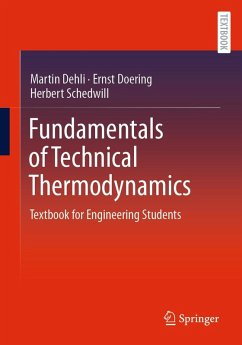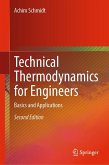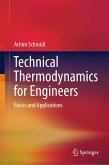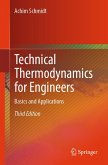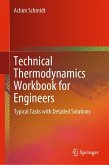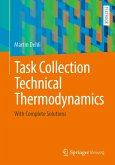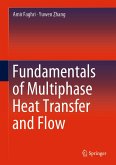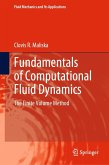The contents
Basic thermodynamic terms - The first law of thermodynamics - The second law of thermodynamics - Ideal gases - Real gases and vapors - Thermal machines - Cyclic processes - Exergy - Heat transfer - Humid air - Combustion - Chemical thermodynamics - Appendix
The target groups
Students of mechanical engineering, power engineering, environmental engineering, process engineering, building services engineering and automotive engineering.
The authors
Prof. Dr.-Ing. Martin Dehli teaches thermodynamics and related subjects in the Faculty of Applied Natural Sciences, Building, Energy and Environment at Esslingen University of Applied Sciences.
Prof. Dipl.-Phys. Ernst Doering, formerly of Esslingen University of Applied Sciences
Prof. Dr.-Ing. Herbert Schedwill, formerly of Esslingen University of Applied Sciences
Dieser Download kann aus rechtlichen Gründen nur mit Rechnungsadresse in A, B, BG, CY, CZ, D, DK, EW, E, FIN, F, GR, HR, H, IRL, I, LT, L, LR, M, NL, PL, P, R, S, SLO, SK ausgeliefert werden.

